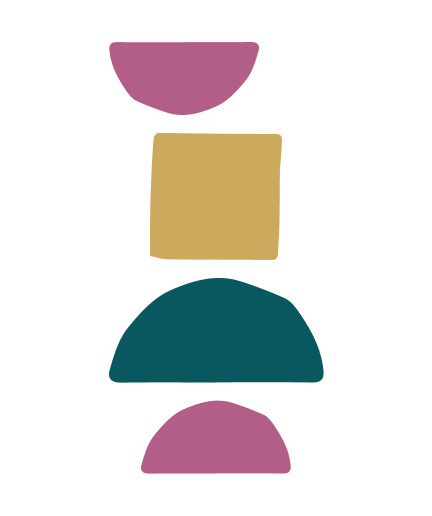Feedback & Conflict
Giving and receiving feedback isn’t just a workplace skill—it’s a leadership superpower. When delivered with honesty, empathy, and clarity, feedback transforms teams, unlocks potential, and deepens connection. Yet it’s often avoided, sugar-coated, or mishandled.
At Brave Directions, I draw on my experience facilitating Stanford’s renowned Touchy Feely (Interpersonal Dynamics) course to help teams master courageous, meaningful feedback. Through experiential learning and real-time practice, your team will move past fear and discomfort into conversations that strengthen relationships and drive results.
Feedback as a Leadership Superpower
Want to Learn More?
Why Feedback
Training Matters
Healthy, Direct Communication
Give clear, actionable feedback that supports growth without eroding trust.
Ask for Feedback
Build confidence to seek and use input for continuous growth.
Transform Dynamics
Surface and resolve unspoken tensions.
Build Trust
Foster a culture of honesty and vulnerability.
Address Issues Early
Prevent problems from festering.
Create a Feedback Culture
Make feedback a natural, daily practice.
What to Expect
We begin with a one-day executive offsite that lays the foundation for ongoing feedback mastery. Drawing on Stanford’s T-Group method, we focus on self-awareness, authentic connection, and real-time feedback.
Your Team Will
Learn to:
Practice self-disclosure to build connection
Use inquiry to uncover deeper insights
Apply the Intent and Impact model
Lead with empathy while being direct
Understand how perceptions shape interactions
Balance influence with openness
Grow emotional intelligence for tough conversations
The Brave Directions Difference
This isn’t scripted role-play. Our work is dynamic and experiential, grounded in real conversations and emotions. With an Advanced Certification from Stanford as a Facilitator in Interpersonal Communications work, I guide your team through challenges with coaching and reflection that create lasting change.
After the offsite, your team leaves with:
A proven feedback framework
Greater self-awareness and confidence
Stronger trust and collaboration
A commitment to continuous learning through feedback



